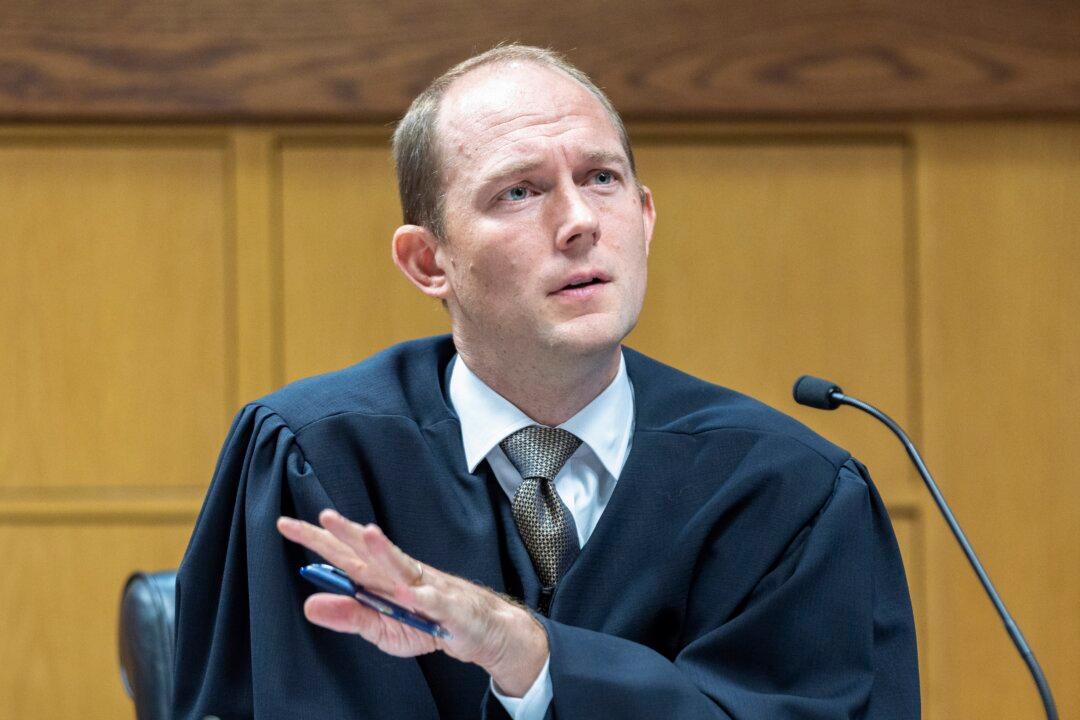Fulton County Superior Court Judge Scott McAfee approved in part a request for members of the special purpose grand jury—which recommended charges be brought over then-President Donald Trump’s challenge of the 2020 election—to be interviewed.
President Trump and 18 others were indicted by another, separate grand jury in August for violating Georgia’s Racketeer Influenced and Corrupt Organizations (RICO) Act and 40 other counts. Two of the defendants have since demanded a speedy trial, and so Kenneth Chesebro and Sidney Powell will be tried together on Oct. 23.





